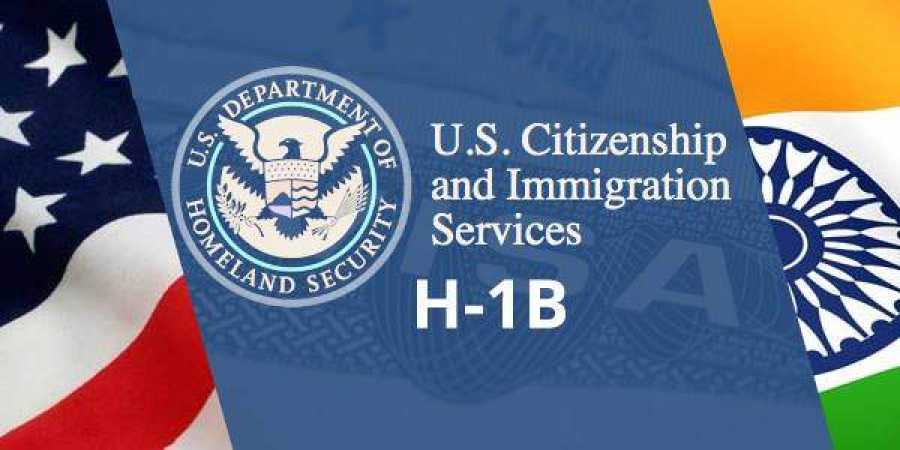WASHINGTON: US lawmakers and experts have expressed concern over the US immigration agency’s increasing demand for “irrelevant” or previously furnished information to adjudicate an H-1B application, causing delay in processing the work visa, popular among the highly-skilled Indian IT professionals.
They were referring to the dramatic increase in request for evidences for H-1B visa applications for foreign workers. The United States Immigration and Naturalization Service (USCIS) makes an inquiry called a request for evidence, or RFE, when they require additional evidence to make a decision on a H1B case.
The H-1B visa is a non-immigrant visa that allows US companies to employ foreign workers in speciality occupations that require theoretical or technical expertise.
“The tech economy in Toronto is growing faster than the tech economy in Silicon Valley and Washington. A lot of people think it’s because of the USCIS and our immigration policies,” Congresswoman Susan Ellen Lofgren said July 17 during a congressional hearing on Citizenship and Immigration Policy Changes and Processing Delays.
A spike in unnecessary Requests for Evidence (RFEs) from the agency freezes case processing and drains adjudication resources, said Marketa Lindt, president, American Immigration Lawyers Association.
In the first quarter of 2019, US Citizenship and Immigration Services issued RFEs in response to 60 per cent of H-1B petitions, dramatically higher than the 20.8 per cent H-1B RFE rate in fiscal 2016.
“Often these RFEs seek irrelevant or previously furnished information, or reflect sub regulatory policy changes or heightened legal standards that the agency has implemented without a change in statute or regulation and of which the agency failed to provide adequate notice to the public,” Lindt said.
Lofgren asked USCIS Service Center Operations Associate Director Donald Neufeld about such a high number of RFEs for H-1B visas in the last one year.
According to the USCIS official, the increase is due to the number of changes that have been made.
“When there’s a change that is introduced, we have to first we train our folks, but we also have to educate the public on what the requirements are,” he said.
“So, whenever that happens… it is pretty predictable that we will have an increase in request for evidence perhaps an increase in denials,” the official said.
“Usually over time as the public becomes familiar with what the requirements are and as our adjudicators become more proficient, then we usually will see that the request are the impact of those changes do become more stable,” Neufeld said.
Lindt said that sudden jump in RFEs for H-1B visas was particularly confounding.
The key impact is that it’s making, from the employer side, very, very difficult to plan, she noted.
“The RFEs are especially exacerbating that because it adds a whole level of uncertainty, both in terms of timeframe and in terms of outcome, to staffing these important positions,” Lindt said. PTI







